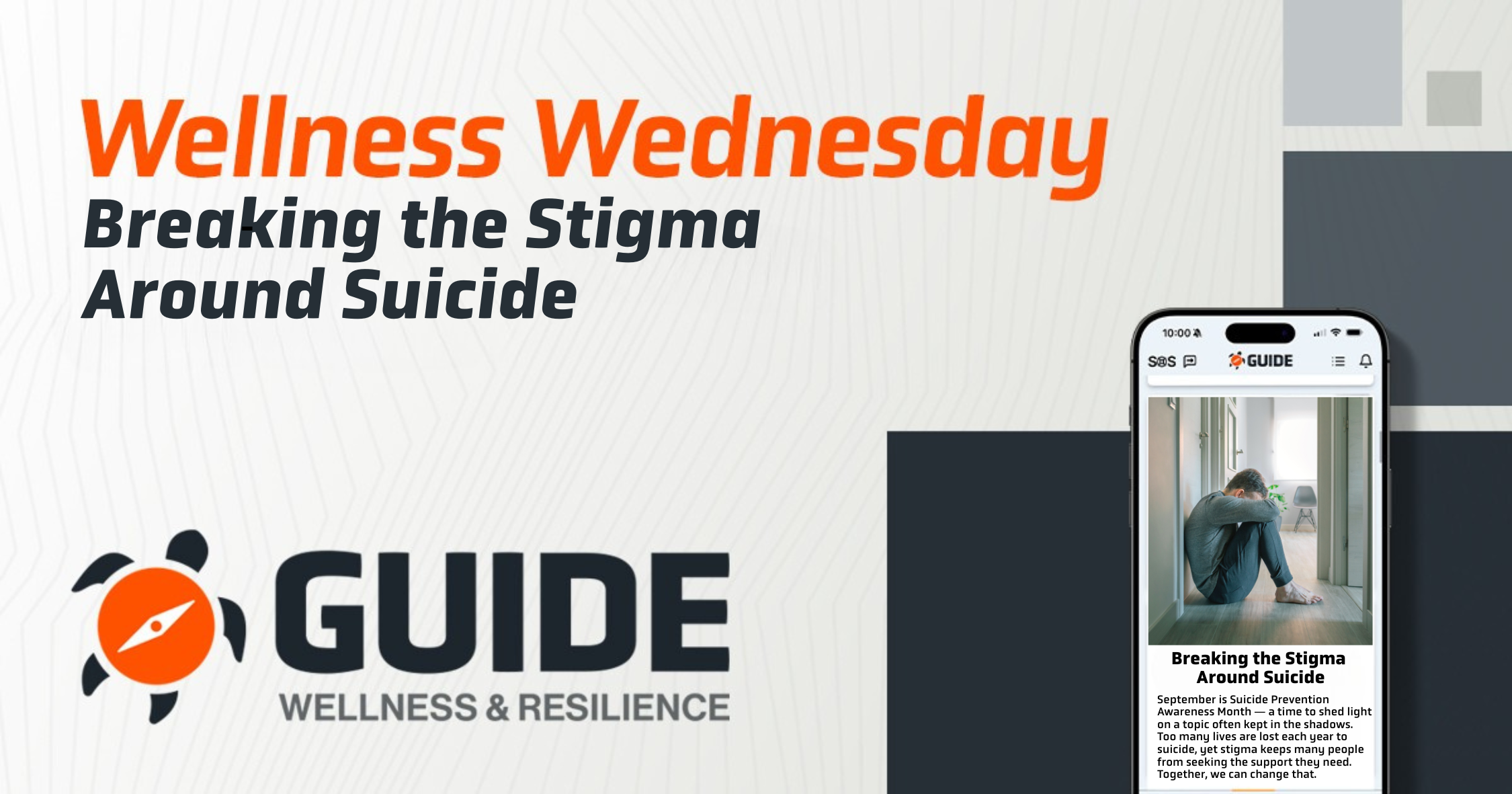Do you often feel exhausted, overwhelmed, or emotionally drained? If you do, you might be experiencing burnout. Burnout is a state of emotional, physical, and mental exhaustion caused by excessive and prolonged stress. It can affect anyone, but it’s particularly common among those who have demanding jobs, care for others, or find themselves constantly under pressure. Today, we’ll discuss the signs of burnout that you shouldn’t ignore, and how to manage it effectively. Recognizing burnout is the first step in managing it, so let’s dive into the key signs to watch for and what you can do to take care of yourself.
What Is Burnout?
Burnout is more than just feeling tired after a long week. It’s a condition that can affect your well-being, your work, and your relationships. Burnout often results from prolonged stress without enough time to relax and recharge. It can cause you to feel disconnected from your work, lose your motivation, and have trouble concentrating. It’s important to recognize burnout early, so you can take steps to manage it and prevent it from getting worse.
Burnout affects your physical, emotional, and mental health. The earlier you recognize the signs, the sooner you can take action to address it and start feeling better.
Key Signs of Burnout You Shouldn’t Ignore
Here are some signs that you may be experiencing burnout. While not everyone will experience burnout in the same way, these are some common warning signals that should not be ignored.
1. Constant Fatigue and Lack of Energy
One of the most noticeable signs of burnout is persistent fatigue. If you find that you’re always tired, even after getting a good night’s sleep, it could be a sign that your body and mind are overworked. This kind of fatigue can feel like a constant heaviness or an inability to muster up the energy to get through even simple tasks.
2. Feeling Disconnected or Unmotivated
Another sign of burnout is losing enthusiasm for activities or work that you once enjoyed. If you no longer feel passionate about your job or hobbies and you struggle to find motivation, burnout might be the culprit. This loss of motivation is a key warning sign that the stress in your life is taking its toll.
3. Difficulty Concentrating or Making Decisions
Burnout can make it hard to focus on tasks and make decisions. When your brain feels overwhelmed, it’s difficult to think clearly. If you’ve noticed that you’re struggling to concentrate, feeling mentally foggy, or having trouble making simple decisions, burnout could be to blame.
4. Irritability and Mood Swings
Burnout can also lead to increased irritability and mood swings. You might find yourself getting frustrated more easily or feeling emotionally out of control. This can impact your relationships at work and at home, making it even harder to cope with the challenges in your life.
5. Physical Symptoms
Burnout doesn’t just affect your mind—it can also take a toll on your body. You might experience headaches, stomachaches, muscle pain, or other unexplained physical symptoms. If stress is affecting your physical health, it’s a sign that it’s time to take action.
6. Increased Feelings of Hopelessness
Burnout can make it difficult to see a way out of your current situation. You may feel like things will never improve or that there is no solution to your stress. This sense of hopelessness is another key indicator of burnout, and it’s important to take these feelings seriously and seek help.
7. Avoiding Responsibilities
When you’re burnt out, the thought of tackling even the simplest responsibilities can feel overwhelming. This can lead to procrastination, missed deadlines, or avoiding tasks altogether. If you find yourself consistently avoiding responsibilities or feeling overwhelmed by simple tasks, it could be burnout.
8. Increased Reliance on Coping Mechanisms
Many people turn to coping mechanisms when they feel overwhelmed, such as alcohol, junk food, or other unhealthy habits. If you notice yourself relying more and more on these habits to get through the day, it might be time to consider whether burnout is playing a role.
Strategies for Managing Burnout
Recognizing the signs of burnout is the first step towards managing it. Here are some strategies to help you start feeling better and regain control over your mental and physical health.
1. Prioritize Self-Care
Taking care of yourself should be a top priority. This includes getting enough sleep, eating well, and staying physically active. Exercise is a great way to manage stress, and it doesn’t have to be anything intense—simple activities like walking, yoga, or stretching can make a big difference.
2. Set Boundaries
It’s important to set boundaries to protect yourself from becoming overwhelmed. Learn to say “no” when your schedule is full, and avoid taking on more responsibilities than you can handle. Setting boundaries is key to managing burnout, as it helps you balance work and personal life.
3. Take Regular Breaks
Sometimes, the best thing you can do for your mental health is to take a break. Whether it’s a few minutes to step away from your desk during the workday, or taking a vacation, giving yourself time to relax and recharge is essential for preventing burnout. Even taking short breaks throughout the day to stretch or take deep breaths can help reduce stress.
4. Seek Social Support
Talking to friends, family, or colleagues about how you’re feeling can provide much-needed emotional support. You don’t have to go through burnout alone. Sharing your experiences with people who care about you can help you feel more connected and less isolated.
5. Practice Mindfulness
Mindfulness practices, like meditation or deep breathing exercises, can help reduce stress and prevent burnout. These techniques can help you stay in the present moment and keep your mind from dwelling on worries or negative thoughts. There are many apps available that can guide you through mindfulness exercises if you’re new to it.
6. Manage Your Workload
If your workload is overwhelming, consider talking to your manager or employer about your situation. They may be able to help you redistribute tasks or adjust deadlines. Advocating for yourself at work can make a big difference in managing burnout and reducing stress.
7. Take Time for Enjoyable Activities
Burnout can make you forget to do the things you enjoy. Make sure to carve out time for hobbies or activities that bring you happiness, whether that’s reading, painting, gardening, or playing a sport. Doing things that make you happy can help lift your mood and provide a break from stress.
8. Get Professional Help
If your burnout is severe, it may be helpful to seek professional support. Therapists and counselors can provide guidance and tools for managing stress, anxiety, and burnout. Don’t be afraid to reach out for help—mental health professionals are there to support you.
How The GUIDE App Can Help
At The GUIDE App, we understand how challenging it can be to deal with burnout, especially for those in high-stress professions like healthcare workers, first responders, and military personnel. Our app offers tools and resources to help you recognize the signs of burnout and take action to manage it effectively. Whether you need mindfulness exercises, guided breathing sessions, or a supportive community, The GUIDE App is here to help you prioritize your mental health and build resilience against burnout.
Recognizing and Managing Burnout
Burnout is a serious issue that affects your mental, emotional, and physical health. Recognizing the signs of burnout early and taking steps to manage it is crucial for maintaining your well-being. Remember that it’s okay to ask for help, take breaks, and prioritize your health. By making small changes to your routine and seeking support when needed, you can prevent burnout from taking over your life.
If you or someone you know is experiencing burnout, know that you’re not alone. It’s important to recognize the signs, take care of yourself, and seek help when needed. Building resilience against burnout takes time, but with the right tools and strategies, you can overcome it and regain your sense of well-being.




